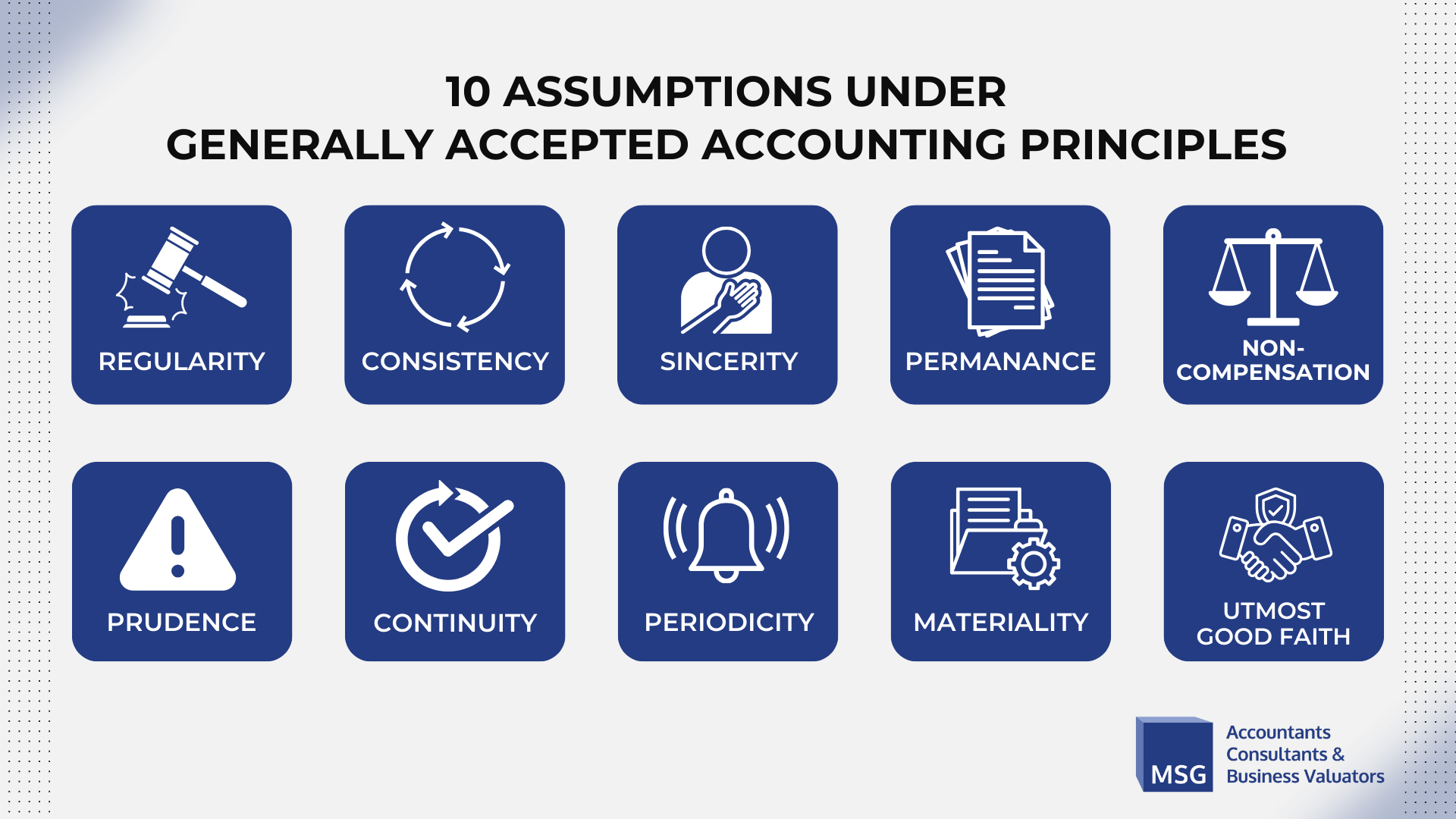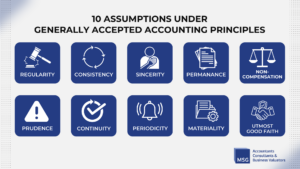“I know nothing about GAAP and I’ll leave it to my accountants.” said Donald Trump Jr. in court yesterday, testifying in the ongoing civil case against former president Donald Trump. GAAP, according to the Financial Accounting Standards Board (FASB), stands for “Generally Accepted Accounting Principles.” GAAP represents a common set of accounting principles, standards, and procedures used in the United States for financial reporting.
GAAP encompasses a wide range of rules and guidelines related to accounting, financial reporting, and disclosure. These principles guide how companies prepare their financial statements, including the balance sheet, income statement, and cash flow statement.
In litigation cases involving financial fraud or misrepresentation, understanding GAAP requirements provide important context for building and arguing the case. Knowing where GAAP was violated or misapplied can reveal intent and liability.
Current principles are based on a number of underlying assumptions. Although these points aren’t codified, they represent generalized assumptions and apply to most financial statements:
- Regularity – Transactions should be supported by verifiable documentation such as invoices or receipts, ensuring a robust audit trail.
- Consistency – Consistent accounting treatments and methods must be applied across reporting periods, with any unexplained changes warranting scrutiny.
- Sincerity – Financial reports must genuinely represent the company’s actual performance and position, avoiding biased estimates and subjective interpretations.
- Permanence – It is crucial to assume reasonable business continuity rather than liquidation, and any concerns about viability should be thoroughly investigated.
- Non-Compensation – Assets and liabilities should be treated independently, without offsetting against each other, except for situations that warrant a careful review.
- Prudence – A conservative approach should guide estimations of uncertainties, avoiding overly optimistic assumptions and ensuring a cautious outlook.
- Continuity – Opening balances should align with the prior year’s closing balances, facilitating trend analysis, and any discontinuities must be explained.
- Periodicity – Financial reports should cover standard, discrete time intervals, with a vigilant eye for manipulations around period cutoffs.
- Materiality – Significant misstatements must be rectified through reissuance or disclosure, and immaturity in reporting indicates potential process deficiencies.
- Utmost Good Faith – Financial reporting should reflect management’s integrity and transparency, with opacity serving as a warning sign of underlying issues.

Embracing GAAP is not merely an option; it’s a necessity for any attorney seeking to excel in the complex landscape of legal cases involving financial matters.
Looking for further expert commentary on this case? Visit my press page for more information.


